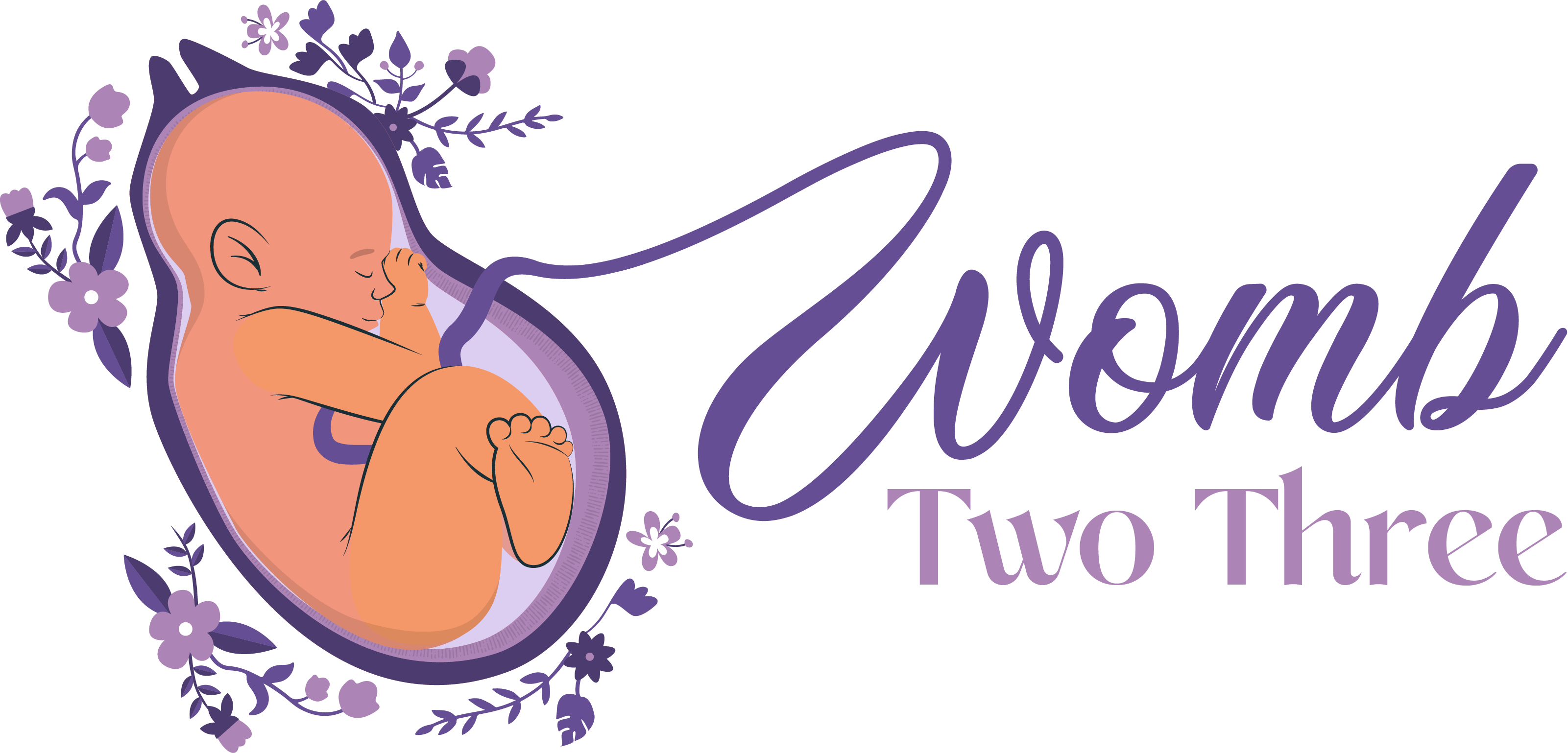- Daily check-ins: Regular visits to ensure emotional and physical well-being, offering a listening ear and practical support.
- Postpartum recovery plan: Provide a tailored plan for physical recovery, including tips on pelvic floor health, stretching, and rest.
- Bonding time: Assist with baby care so the parents can rest, while also helping them foster a strong emotional connection with their newborn.
- Breathing exercises or relaxation techniques: Teach deep breathing or meditation practices to help with stress management and relaxation.
- We are located in New York
- Info@wombtwothree.org
- Mon – Fri: 8:00 am – 6:00 pm







